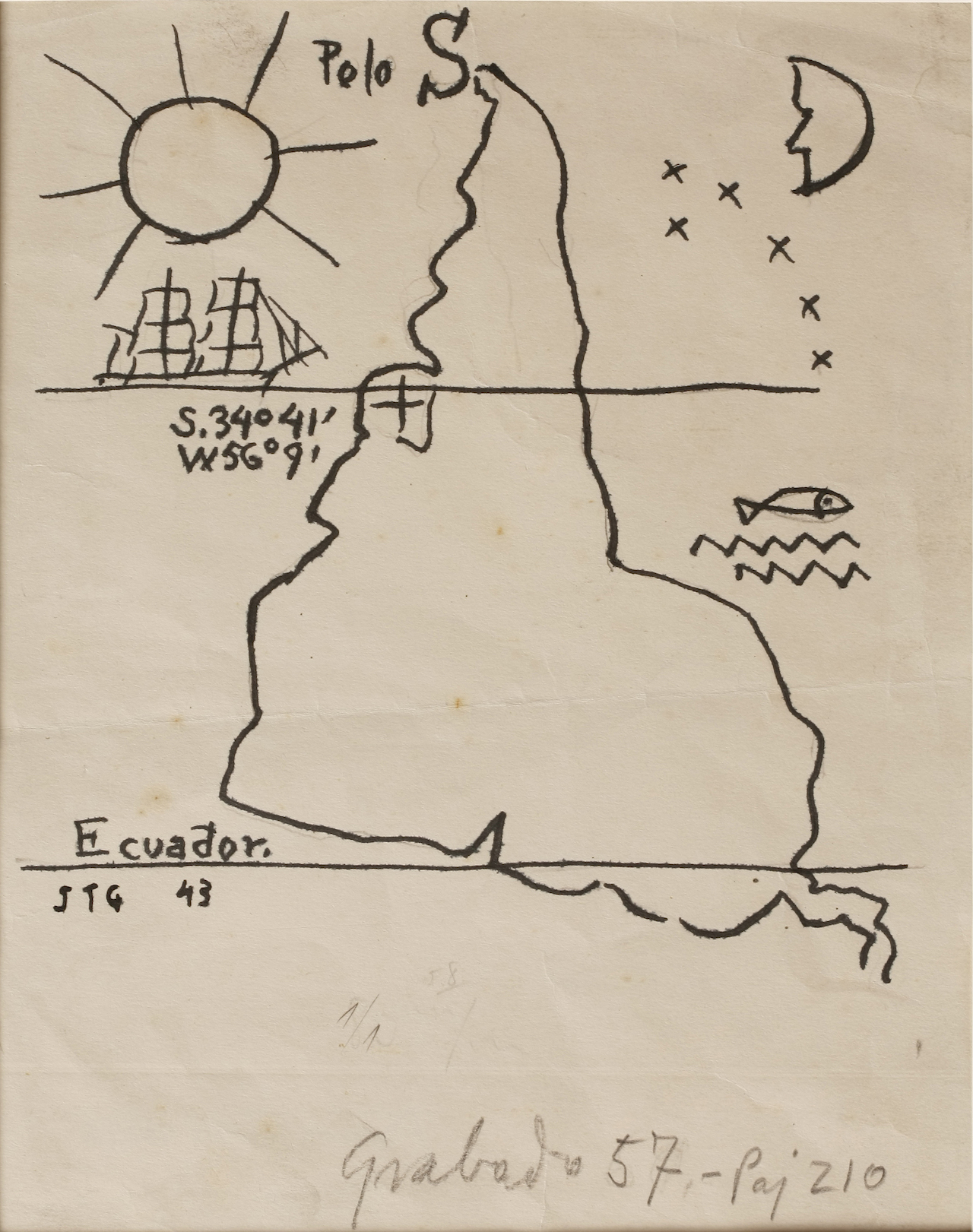Curricular Change as a Generating Category, on Approval in Designing or Redesigning Practives in Educational Reform Contexts
DOI:
https://doi.org/10.14288/tci.v14i1-2.189996Keywords:
curricular change, higher education curriculum, curricular policyAbstract
This article addresses the problem of curriculum development, particularly with regard to the practical processes of curricular design and redesign, in higher education, in the context of reform. This paper is structured twofold: the first part situates panoramically and synthetically the context of appearance of the imperative need for changes and development of innovative curricular models in accordance to the hegemonic discourse of educational policies enunciated from the agencies of political and financial power for education, concerned and occupied in linking the curriculum with the knowledge society, information society, and the economic market through an educational reform that transforms schools in order to guide them towards a broad and complex educational and curricular reform effort. The second part exposes the importance of the design practice, and the methodological strategies used assuming the premise that the phases of foundation and curricular design constitute strategic and tactical moments of the game of academic power addressing the proposals as curricular synthesis (from Alba, 1991: 38). This work concludes with some reflections to continue the discussion.Downloads
Published
2017-12-28
Issue
Section
Special Issue Articles


